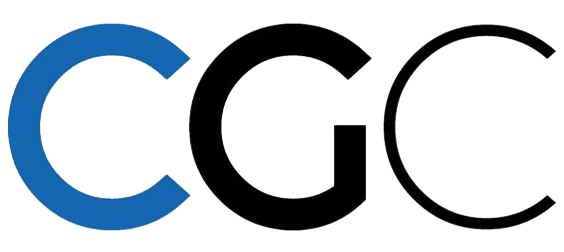Publisher

Serial title
Challenging Glass Conference Proceedings
Aims and Scope
Challenging Glass Conference Proceedings collects the conference articles presented at the international biennual Challenging Glass Conference that aims at gathering world class designers, engineers, researchers and industry partners to discuss on the architectural and structural use of glass.
Conference editions include:
Open Access Policy
Challenging Glass Conference Proceedings is licensed under a Creative Commons Attribution 4.0 International (CC BY 4.0) license. You are free to use the work, but you have to attribute (refer to) the work in the manner specified by the author or licensor (but not in any way that suggests that they endorse you or your use of the work).
Copyrights and publishing rights
Challenging Glass Conference Proceedings allows the author(s) to hold their copyright without restrictions. Challenging Glass Conference Proceedings allows the author(s) to retain their publishing rights without restrictions.
Author processing charges (APC)
The Challenging Glass Conference Proceedings does not have article processing charges (APCs).
Article submission charges
Challenging Glass Conference Proceedings doesn't have article submission charges.
Conference fee
The Challenging Glass Conference does charge a fee to participate in the two-day event.
Archiving
Authors can archive the pre-print and post-print versions of the work they have submitted to Challenging Glass Conference Proceedings, including the pdf version of the article (the so-called publisher's version) that is available on this website. Authors are explicitly free to copy and redistribute the work they have submitted in any medium or format and to remix, transform, and build upon the work they have submitted to Challenging Glass Conference Proceedings for any purpose.
Metadata
Challenging Glass Conference Proceedings grants you the right to publish the metadata of the series, it's issues and articles under the terms of the Creative Commons CC0 1.0 Universal (CC0 1.0).
Publication ethics and malpractice
Editors, authors and publisher of Challenging Glass Conference Proceedings adopt the guidelines developed by the Committee on Publication Ethics (COPE).
Publication frequency
The Challenging Glass Conference is held biennialy. Its proceedings are published every two years.
Review Process
The Challenging Glass Conference operates a single-blind review process.
CGC asks authors to download an abstract template to write their abstract and create an author account at the Challenging Glass Conference Proceedings platform. Author then submit their abstracts following the instructions given, using the template.
External peers, single-blind, review the abstract. The reviewers are aware of the identity of the authors. The identity of the reviewers is not disclosed.
Authors receive a notification on the acceptance of their contribution, within two months. Based on this review, CGC invites selected authors to submit a full conference paper within two half months (holidays excluded).
External reviewers review the full paper single-blind. Within two months, the authors receive a notification on the review with a request to revise the paper (if necessary) within a month time. Finally, the final version is presented at the conference and published in the (online) proceedings.
Indexing
The Challenging Glass Conference is indexed by Google Scholar, and by Scopus.
ISSN
ISSN : 2589-8000
E-ISSN : 2589-8019
Publisher
Challenging Glass Conference
Acknowledgements
Challenging Glass Conference is organised by Prof. Christian Louter - TU Delft, Prof. Jan Belis - Ghent University and Dr. Freek Bos - TU Munich